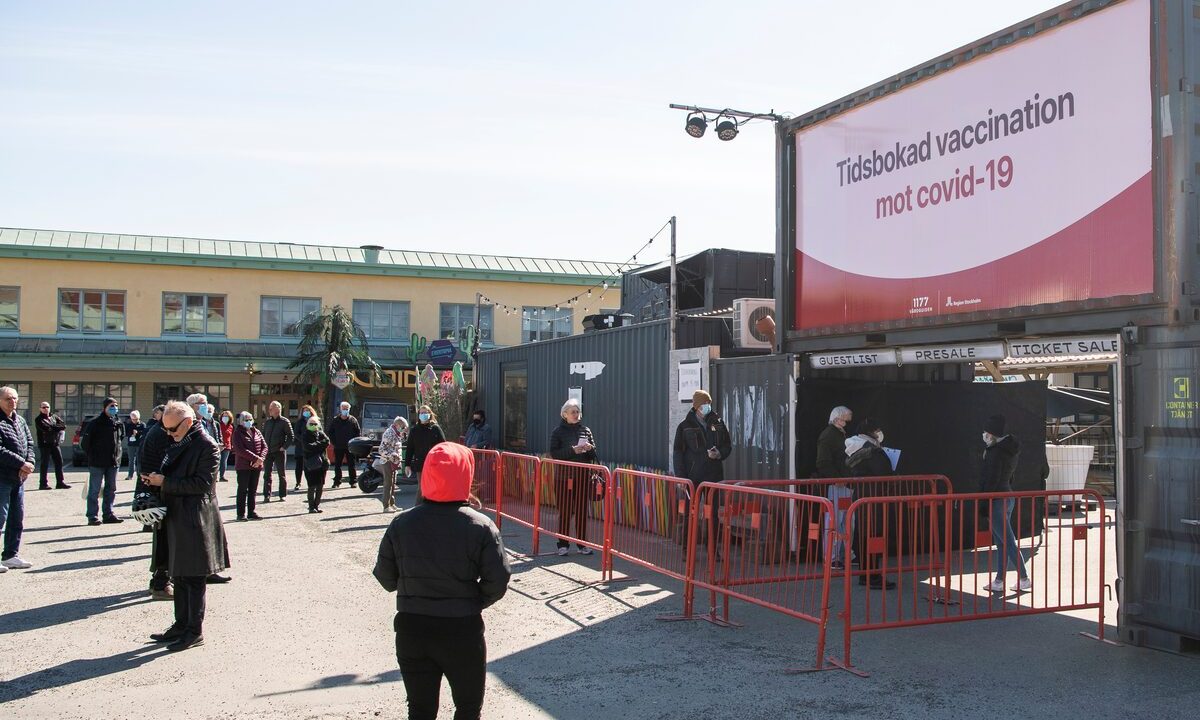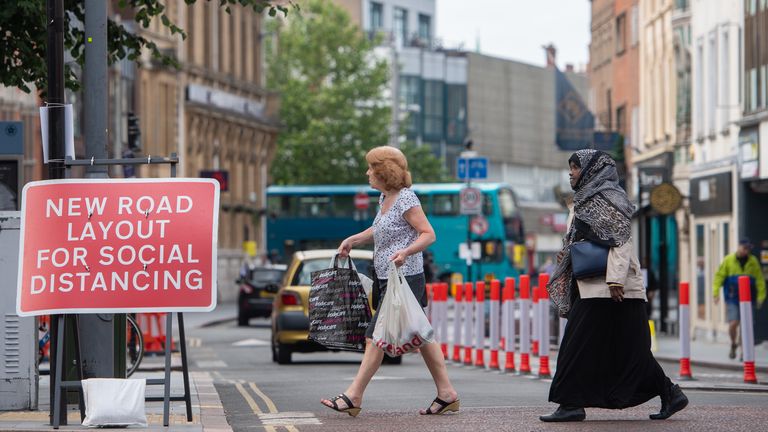
During the COVID-19 pandemic, a few countries, including Sweden, Belarus, and Tanzania, opted against implementing strict lockdown measures. Instead, they relied on alternative strategies to manage the spread of the virus. These countries adopted various approaches, encouraging voluntary social distancing, promoting personal responsibility, and implementing targeted restrictions rather than blanket lockdowns.
Outcomes Compared to Lockdown Countries
Health Outcomes
Countries that did not impose lockdowns experienced different health outcomes compared to those that did. For instance, Sweden is often the most notable example. This country initially faced higher death rates than its Nordic neighbours, who implemented strict lockdowns. However, studies have shown that while Sweden had a spike in excess deaths during the early waves of the pandemic, the overall excess mortality rates across the Nordic countries became comparable in subsequent years.

In contrast, countries like the UK and Italy, which enforced strict lockdowns, faced pressure on their healthcare systems early in the pandemic. The lockdowns aimed to prevent hospitals from becoming overwhelmed, which they largely succeeded in doing.

Economic Impact
Economically, countries without lockdowns often fared better in the short term. For example, Sweden avoided a severe economic downturn and maintained a relatively stable economy compared to countries that imposed strict restrictions. The textile and manufacturing sectors in Sweden continued to operate, allowing for economic activity to persist.
On the other hand, countries that enforced strict lockdowns experienced economic contractions, leading to job losses and business closures. The long-term economic impacts of these lockdowns are still being assessed, but many argue that the economic costs were substantial.
Reasons for Choosing Not to Lockdown
Public Health Philosophy
Countries that chose not to implement lockdowns often did so based on a different public health philosophy. Sweden’s approach emphasized personal responsibility and voluntary measures rather than government mandates. The Swedish government believed that allowing the virus to spread among younger, healthier populations would lead to herd immunity, ultimately protecting the vulnerable.

Cultural and Political Factors
Cultural attitudes towards government intervention also played a role in these decisions. In countries like Belarus and Tanzania, leaders downplayed the severity of the virus and promoted alternative remedies, leading to a reluctance to impose strict measures. Political considerations, including maintaining public trust and avoiding economic disruption, influenced these decisions as well.

Conclusion
The experiences of countries without COVID-19 lockdowns reveal differences in health outcomes and economic impacts compared to those that enforced strict measures. While some countries managed to maintain economic stability, they faced higher initial death rates and ongoing debates about the effectiveness of their strategies. Ultimately, the decisions to forgo lockdowns were shaped by a combination of public health philosophies, cultural attitudes, and political contexts.
Read more on Lifetips.blog













